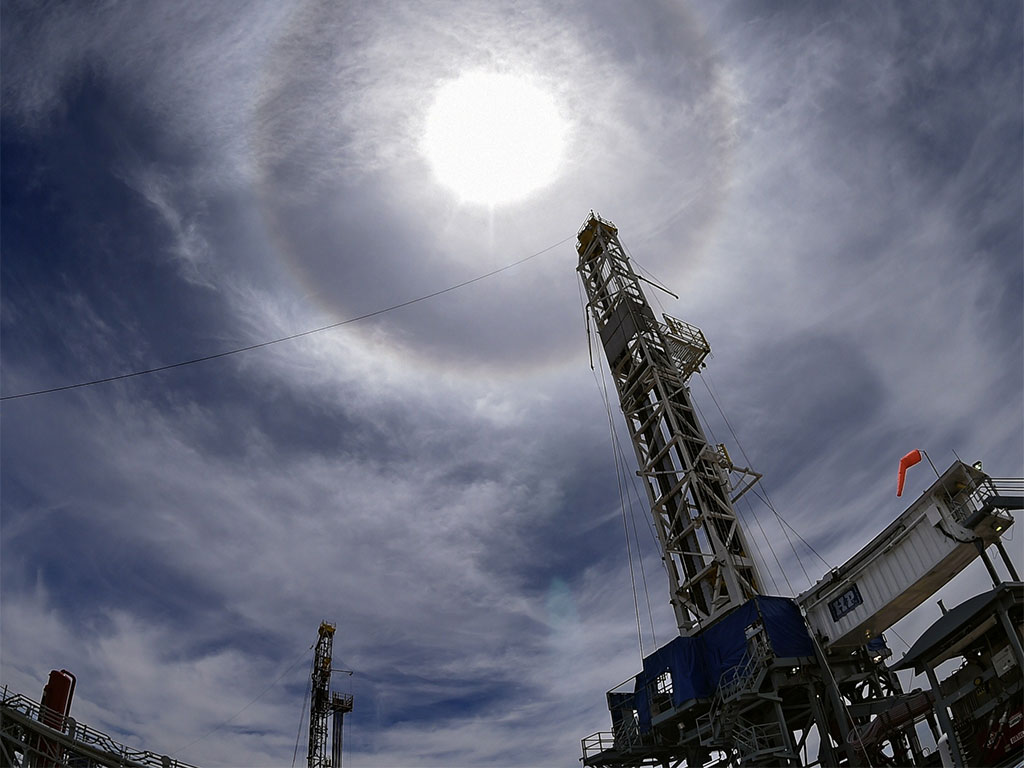Argentina joins oil and gas companies to invest in multi-billion-dollar shale bounty
Argentina has agreed a $15bn investment deal with companies to boost production in Vaca Muerta, in return for lower labour costs and greater subsidies

As long as investment is flowing into the Vaca Muerta project, the sun will shine on the Argentinian oil and gas industry
On January 10, Argentinian President Mauricio Macri finalised an agreement with labour unions and energy companies to increase investment in the country’s largest shale reserve. In return for a $15bn investment into the shale deposits at Vaca Muerta, the government has promised natural gas subsidies in the area, as well as more flexible labour conditions, a reduction in production costs, and the abolition of export taxes for oil and gas.
The deal will involve an initial $5bn investment from companies in 2017, followed by a further investment of $10bn. The more relaxed labour conditions promised in return have been negotiated with labour unions, who historically have suffered strained relations with the ruling party as a result of high inflation. Addressing the momentous deal in a televised address to the nation, Macri described the concessions as necessary: “We have to give guarantees and provide certainty in order to attract investment”, he said.
The companies that have signed up to the agreement include the country’s national energy company Yacimientos Petroliferos Fiscales (YPF), Shell, Total, Dow, Chevron, and Exxon Mobil.
The amount of oil buried beneath the Jurassic rock has the potential to power Argentina for decades
The Vaca Muerta shale reserve, located in west-central Argentina in the Neuquén Basin, is the second largest of its kind in the world. It is largely unexplored and therefore presents an attractive source for investment in oil and gas production. The reserve has drawn international attention due to its unique geological formation – the rock beneath the land’s surface contains unusually thick layers of shale, meaning that “companies can produce more from a single site”. Chevron spokesman Kent Roberston told Reuters that “Argentina has kind of won the geological lottery”. He explained: “Vaca Muerta is like one big cake, 1,000 feet (305 metres) thick in places, which means one well can be much more productive.”
YPF has been cutting slices out of this big cake for quite a while, being one of the few major players in extracting oil and natural gas from the region. However, the energy sector’s ongoing dependence on imports thanks to falling global crude oil prices, as well as its increasing fiscal deficit, has prompted the Marci administration to take action and incentivise production for other companies.
The amount of oil buried beneath the Jurassic rock has the potential to power Argentina for decades. With inflation on the decline, investment into this largely untapped shale mass will increase global competition and may just be the energy revolution needed to revamp Argentina’s sluggish sector.













